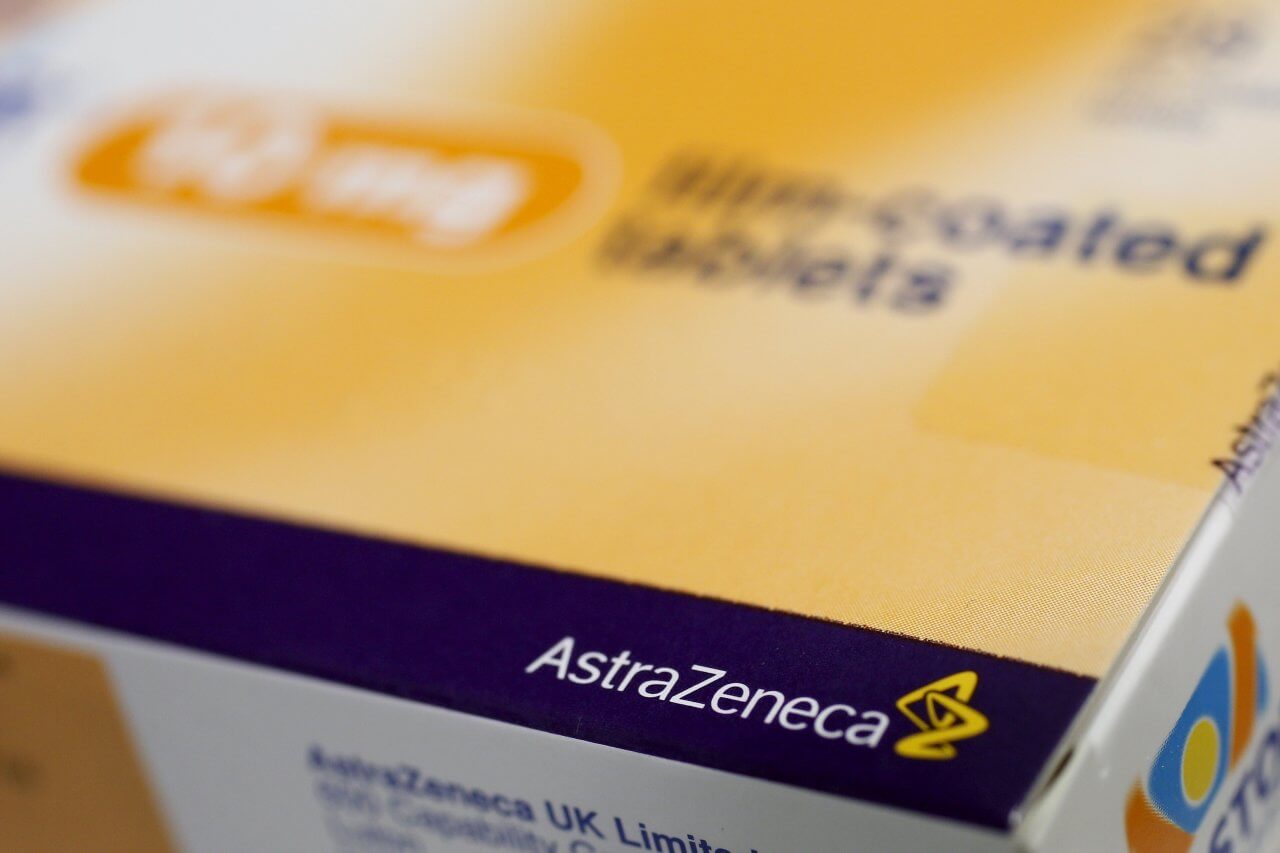Pharmaceutical giant AstraZeneca took a beating in 2016. The company likely hopes 2017 will provide more opportunities for growth, but the lasting effects of the previous year might weigh the company down.
Last summer, the U.S. Centers For Disease Control and Prevention (CDC) advised doctors not to use AstraZeneca’s FluMist vaccine for the 2016 flu season. The CDC found the FluMist vaccine was not as effective as traditional flu vaccines, which is unfortunate for AstraZeneca because the FluMist vaccine was incredibly popular with pediatricians. The company can try for FDA approval again in 2017 with a different formula for its FluMist vaccine.
AstraZeneca’s most painful moment of the past year was likely the expiration of its patent for Crestor. Crestor was a huge blockbuster hit for the company, and AstraZeneca was desperate to hold on to the patent. AstraZeneca tried to expand the patent by getting the drug approved for an additional use to treat a rare disease, and when this didn’t work, the compared filed a lawsuit against the U.S. Food and Drug Administration (FDA) to prevent generic competition.
But all of this was done in vain. The company lost patent protection and began competing with a cheaper generic version of Crestor. Generic competition led the company to lose nearly $3 million in sales in the second quarter of 2016. It is unclear how AstraZeneca will try to compete with cheaper generics in the New Year.
Back in its home country, AstraZeneca is still trying to determine how the pharmaceutical industry will change now that United Kingdom has left the European Union (EU). Pharmaceutical companies showed overwhelming support for staying in the EU because any device or drug approved by the European Medicines Agency (EMA) can be marketed and sold in any EU affiliated country. Now that the U.K. has left the EU, pharmaceutical companies will likely be subject to an additional approvals process to sell products in the U.K.
However, what will haunt AstraZeneca the most in the New Year are the mounting lawsuits over the company’s heartburn medication Nexium. Lawsuits allege the company failed to warn patients and doctors of severe and sometimes life-threatening side effects associated with Nexium. While the lawsuits are in the very early phases, they could end up costing the company millions.

